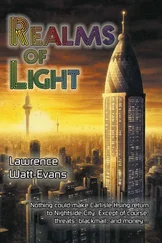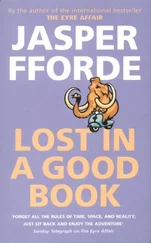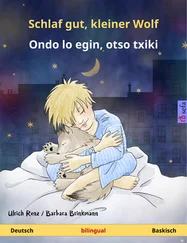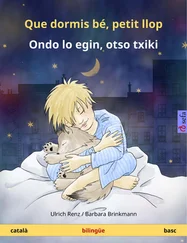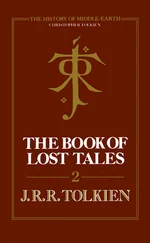Tess Evans - Book of Lost Threads
Здесь есть возможность читать онлайн «Tess Evans - Book of Lost Threads» весь текст электронной книги совершенно бесплатно (целиком полную версию без сокращений). В некоторых случаях можно слушать аудио, скачать через торрент в формате fb2 и присутствует краткое содержание. Жанр: Триллер, на английском языке. Описание произведения, (предисловие) а так же отзывы посетителей доступны на портале библиотеки ЛибКат.
- Название:Book of Lost Threads
- Автор:
- Жанр:
- Год:неизвестен
- ISBN:нет данных
- Рейтинг книги:4 / 5. Голосов: 1
-
Избранное:Добавить в избранное
- Отзывы:
-
Ваша оценка:
Book of Lost Threads: краткое содержание, описание и аннотация
Предлагаем к чтению аннотацию, описание, краткое содержание или предисловие (зависит от того, что написал сам автор книги «Book of Lost Threads»). Если вы не нашли необходимую информацию о книге — напишите в комментариях, мы постараемся отыскать её.
The Book of Lost Threads opens on a wet winter’s night. Moss has just arrived at the doorstep of Finn Clancy, the man she believes to be her father and she is seeking answers. Finn, however, is not immediately inclined to provide them. Immersed in guilt and self pity he has forged a life for himself in the fictional Victorian town of Opportunity. Drawn to fellow lost souls Mrs Lily Pargetter and her nephew Sandy, he has eked out a life attempting to atone for his past sins, both real and imagined.
Moss’s appearance jars the fragile rhythm of his life and kick starts a series of events that affect not only the novel’s four main characters, but also the entire town. Moss, Finn, Mrs Pargetter and Sandy have all been touched by tragedy, and all have developed their own individual coping strategies. Moss denies her talents, Finn retreats into silence, Sandy makes plans for a town memorial, the ‘Great Galah’ and Mrs Pargetter knits – she has been steadily making tea cosies for the United Nations for thirty five years.
With a delicate but deft touch their individual and collective stories are carefully teased out and examined. Tess Evans recently wrote that the Book of Lost Threads begins with a question which, once answered, gives rise to a train of further questions and answers. Its strongest moments are in the stories of Finn, Mrs Pargetter and Sandy. Finn is crippled by the results of one drunken night’s thoughtless actions and Mrs Pargetter struggles with the consequences of horrendous personal loss. Sandy is weakened by a lifetime of failure to stand up to his bullying father. Even his voice is constricted, sounding ‘as though it were being forced out from somewhere high in the throat.’ He is initially a feeble, unattractive character who finally gains strength when he confronts his own demons, for it is only then that his innate kindness can shine through.
Moss’s struggle is perhaps the least convincing of the four, but this is largely because her loss and subsequent regret are only recent and have not warped her beyond recognition – I would have liked even more of her story. In contrast, Finn feels his tragedy is so all consuming that ‘the person he was… no longer existed’, Moss is the catalyst for the others to find resolution and for them to become whole and balanced individuals. It is through her that the lost threads of the title, all of the loose ends and unfinished tales, are woven into a rich tapestry of meaning – although all four characters contribute to each of the other’s healing and growth.
The Book of Lost Threads is Tess Evan’s first novel. She is a Melbourne author who has also written many short stories and poems. Her previous experience in the TAFE system, where she taught and counselled a wide range of people of all ages, professions and life experience, is clearly reflected in the depth of her work. The lyrical writing makes it deceptively accessible, but it is far more than a light easy read. The complexities of the themes and characters are attributes of a much deeper work, one that lingers in the imagination. I would recommend it to anyone seeking a thoughtful exploration of the gentle power of humanity.

